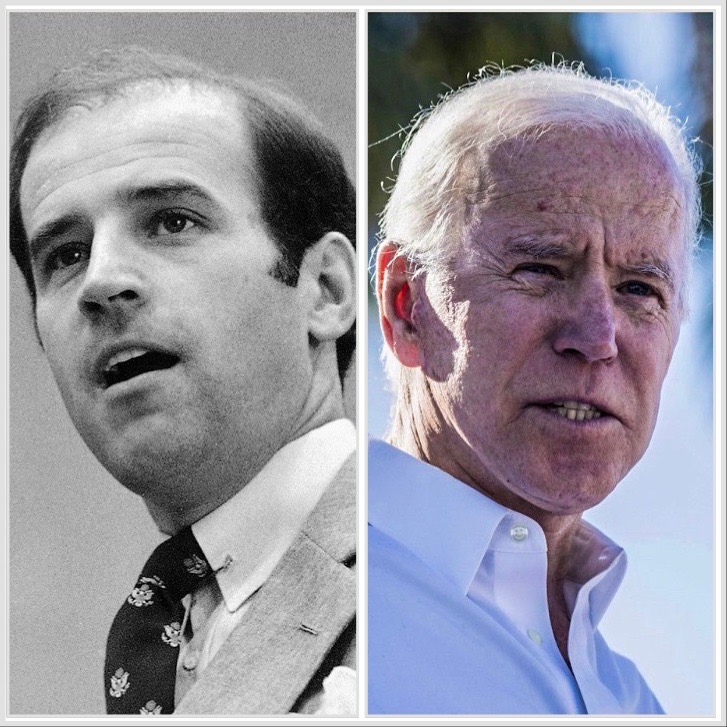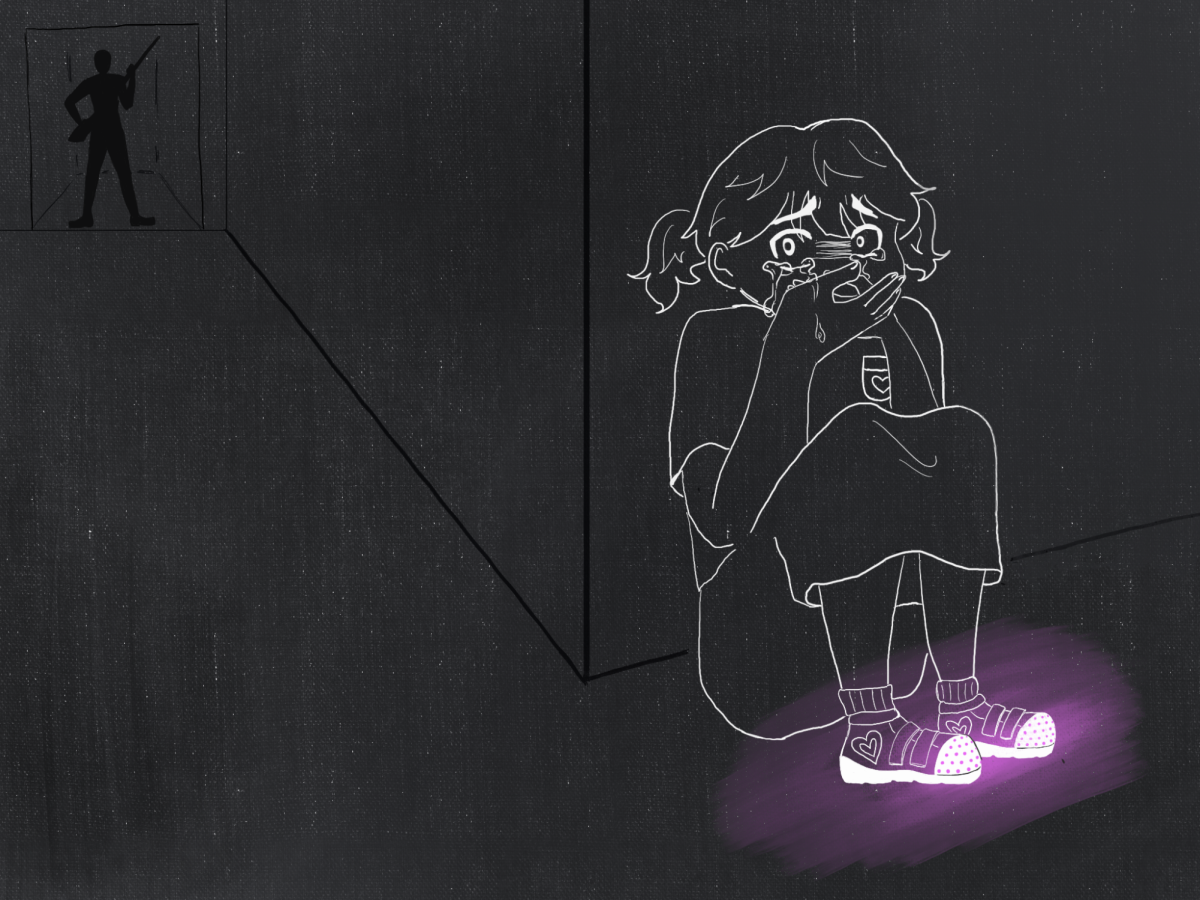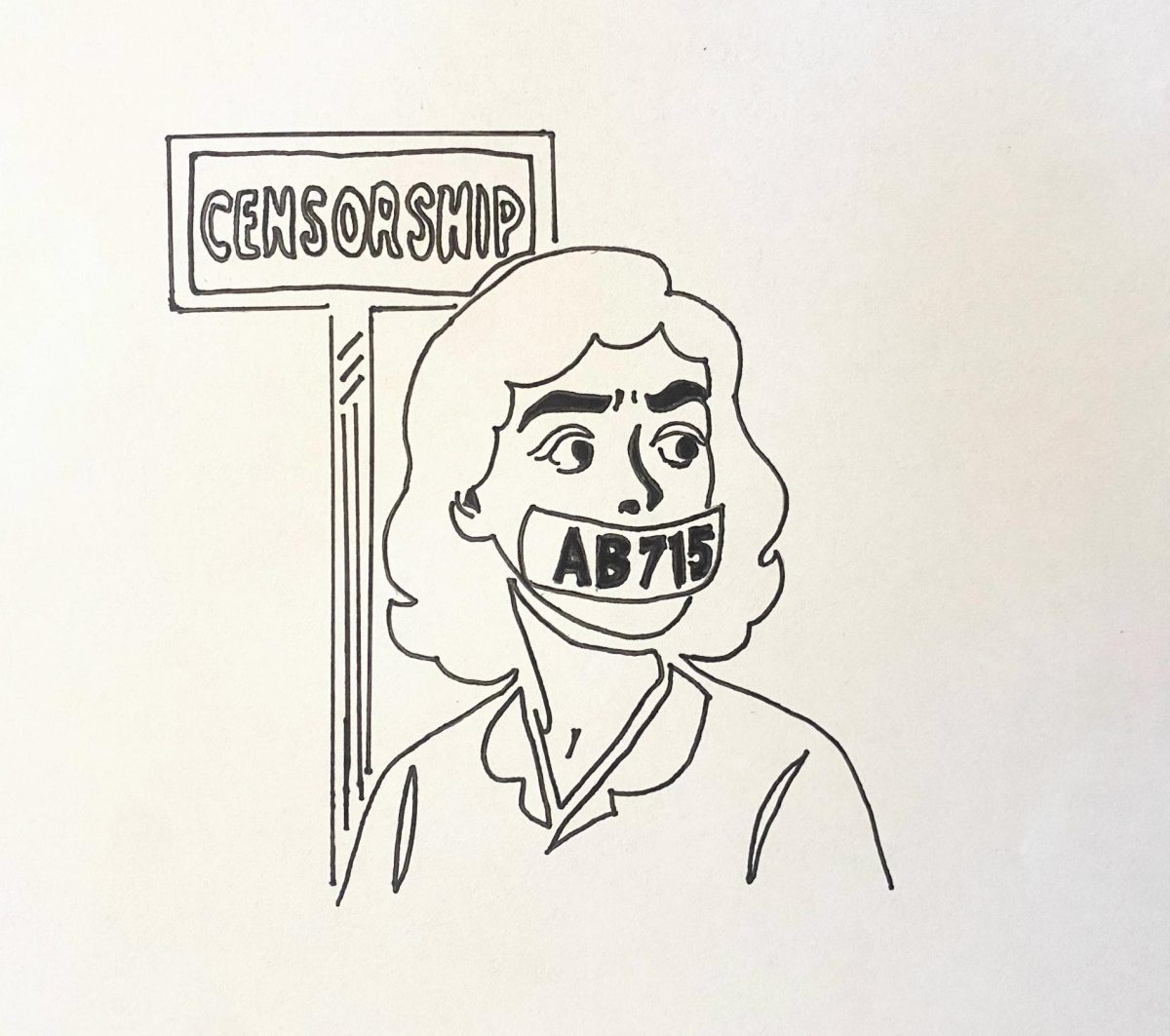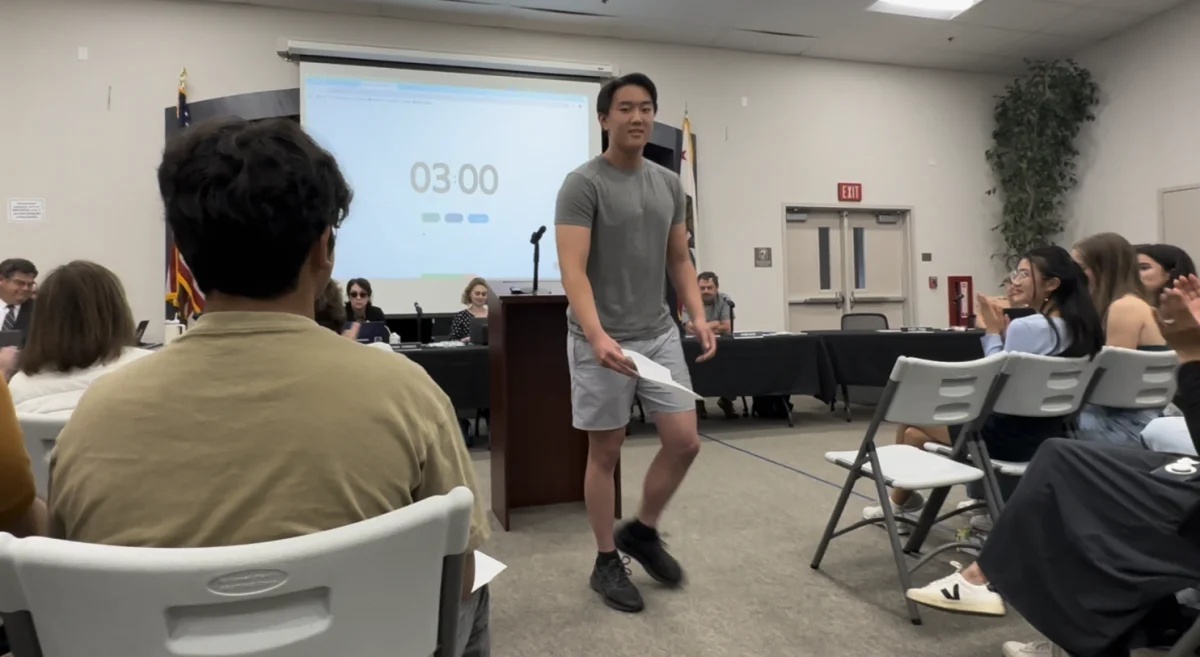Today, much more than ever, the United States political landscape is dominated by aging politicians — and there is growing concern about whether they can do their jobs.
The world is evolving exponentially in many areas; politically, the American people are divided more than ever. Technology has gone through a communication, information, and robotics revolution. World finance is not led only by governments but also by huge financial corporations and decentralized finance offered by blockchain. The American public now deserves younger politicians who can keep pace with these developments.
Concern about aging politicians isn’t a bipartisan issue; 77% of the public considers 80-year-old President Joe Biden “too old to be effective for four more years,” according to a recent ABC News poll.
ABC News reports that 68% of the public supports setting an age ceiling for Congressional candidates; supporting these thoughts are the events of 81-year-old Senator Mitch McConnell freezing twice amid press conferences just a month ago and last week and the hospitalization of 90-year-old Dianne Feinstein, the oldest sitting senator and member of Congress, showing that at certain ages, politicians, just like any other human being, are energetically and physically incapable of doing their jobs.
As a defense of keeping older politicians in office, some claim that “age brings experience” — but how old is too old? For example, a Fortune 500 CEO’s average age is 50–55 — decades younger than Biden and Trump when they were first elected. Interestingly, the average age of financial and technical companies CEOs has stabilized in the mid-50s for the last 50 years. Because this world constantly changes, companies realize that aging CEOs will negatively affect their public image and innovation capacity. Similar truths apply to politics — and they should be considered.
In addition, age isn’t always necessary to be a great leader. John F. Kennedy, who took on the presidency at just 43 years of age, managed to deal effectively with global security challenges such as the Cuban Missile Crisis and the Space Race while using his position to address racial segregation and discrimination. He’s consistently ranked as one of the best presidents of all time despite his youth and supposed lack of experience.
The American public also wants fresh blood in our political system. A CBS News poll found that 47% of Americans believe the election of younger people would improve politics, while only 12% believe the opposite.
So why do young, talented people avoid entering politics? Is it because young politicians get less credit and respect than older politicians? Is it the stress of being under the scrutiny of the public eye?
Being a public servant involves many sacrifices, and we should ask ourselves if we give enough respect and support to those who invest their time, risk their reputation and waive their privacy for the sake of the community.
First and foremost, young people must be involved in politics through the free exercise of our rights to make our voices heard and to vote. Moreover, as a society, we must strive for better leadership — even, especially if it means becoming involved ourselves.










